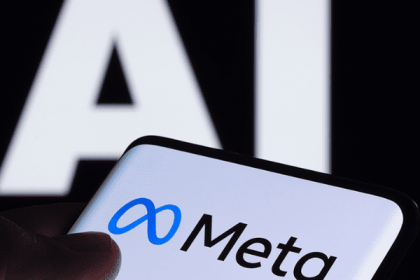Industry giants have sounded a clarion call for expanding Internet Exchange Points (IXPs) to bolster Nigeria’s burgeoning digital ecosystem.
Leaders from Internet Point of Nigeria (IXPN), Meta, Open Access Data Centres, Equinix, Digital Realty, Airtel Africa, and Rack Centre, who made the call at the 15th Africa Peering and Interconnection Forum (AfPIF), urged a collective push to localise content, interconnect networks, and future-proof Africa’s data infrastructure.
Lars Johannisson, CEO of Rack Centre, emphasised that interconnection is the linchpin for localising traffic and driving digital growth. “We need more IXPs and better ecosystems. You can’t localise traffic without it,” he said during a panel on data centers.
With Nigeria’s digital infrastructure expanding rapidly, Johannisson argued that IXPs are critical to reducing latency, lowering costs, and enabling seamless content delivery across the country.
Wole Abu, the managing director Equinix West Africa echoed this sentiment, pointing to the economic stakes. “Everyone wants to follow the money and right now, the demand for data is skyrocketing,” he said.
Nigeria, Africa’s most populous nation, is home to a youthful, content-hungry population, yet uneven connectivity costs ($1 per Mbps in Lagos versus $30 in other regions) highlight the need for broader IXP coverage to bridge the digital divide.
The push for more IXPs comes against a backdrop of significant infrastructure challenges. Nigeria suffered 13,000 fiber cuts in just 18 months, threatening the reliability of its digital networks.
With MTN operating over 25,000km of fiber and the government targeting 90,000km, Muhammed Rudman, IXPN CEO warned that scaling fiber infrastructure triples the risk without strategic peering beyond Lagos. “Users in Kano still suffer,” Rudman noted, underscoring how localized caching alone fails to solve latency issues for users outside major hubs.
Panelists at AfPIF stressed that IXPs are not just technical nodes but economic enablers. By fostering carrier-neutral platforms and encouraging co-investment, IXPs can attract hyperscalers and unlock Nigeria’s cloud potential.
Dr. Ayotunde Coker of Open Access Data Centres highlighted the broader vision, stating, “We are not just building racks, we are building ecosystems.” He pointed to facilities like their Kinshasa data center, designed for peering from day one, as a model for Nigeria.
Regulatory tailwinds, such as tax incentives and clearer licensing, are helping, but the consensus was clear: Nigeria’s digital competitiveness hinges on trust, collaboration, and a robust network of IXPs. As Johannisson put it, “The future of content delivery and AI readiness depends on aligning the entire digital stack.”
With Nigeria holding 18 percent of the global population but only four percent of global GDP, the push for more IXPs is a critical step toward closing the digital and prosperity gap.
The AfPIF discussions underscored that Nigeria’s data ecosystem is at a tipping point. Rack Centre and Equinix’s call for more IXPs signals a pivotal moment to transform Nigeria into a regional digital powerhouse, if the industry can rally together.





